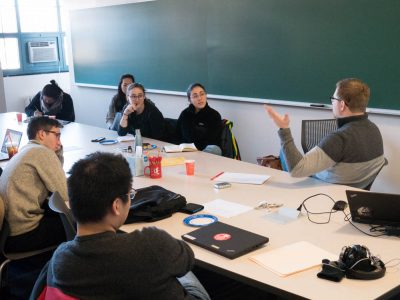
Boston University’s BookLab hosted this year’s Northeast Student PubCon, a student-led conference meant to advise aspiring writers and editors on the ins and outs of the publishing industry.
Among the seminars offered to students over the weekend were a course on how to run a literary nonprofit, a course on negotiating with publishers and a seminar on improving student-produced literary magazines.
Other seminars covered more specific topics, like “Rare Book Librarianship as a Career” with Katherine Kominis of the Howard Gotlieb Archival Research Center, “Content Gen for Student Editors” with Cassandra Jones of Bonfire Press, and “A Panel Discussion Spotlighting Un-Gyve Press,” with publishers Lisa and Julie Nemrow, as well as literary advisor Christopher Ricks, co-director of BU’s Editorial Institute.
Zachary Bos, a PubCon organizer and head of the BookLab, said greater encouragement of student publications is a necessity, as they often lack a stable support system.
“For many years, student publications at Boston University haven’t had a home,” Bos said. “Creative writing, editorial work, criticism [and] translation tend to exist somewhere halfway between [student activities] and academic [life].”
Bos said the first annual PubCon was hosted by Dartmouth College last year. This year, the college was unable to host it, so a group of BU students took the initiative into their own hands.
“… They didn’t have the resources this year to hold [PubCon] … but students who are very well trained — very motivated — decided that they would schedule this event,” Bos said.
Jonathan Han, a PubCon organizer and sophomore in the College of Arts and Sciences, said one of the goals of the conference was to build networking connections between students and presenting organizations.
“Our entire goal is to connect talented writers with talented editors and talented publishers and build a network so they can rely on each other,” Han said.
Isabel Fernandez, a freshman at Tufts University who is currently working on publishing the first edition of Future History, a literary magazine, said her magazine’s staff was able to successfully network at PubCon.
“We got a lot of marketing strategies … We’ve gotten contacts of other publications from a bunch of different schools and it’s such a nice resource to have,” Fernandez said. “We feel miles more confident than we did before.”
Albert LaFarge, an independent literary agent, sat with students to give them insight on how to best make a book deal and how to protect a writer’s intellectual property on Saturday. LaFarge has worked at some of the country’s most prominent book publishers, such as Penguin Random House and Harcourt.
Some of the technical insight LaFarge gave students revolved around how, as an author, to make the most profit from a book when negotiating a publishing deal.
On Sunday morning, Bos provided a consultation for interested students on how to improve their publications. Some students fielded questions while others brought their magazines for Bos to critique. He went through whole issues of Spectrum, Northeastern University’s student-run literary arts magazine, and provided feedback on how to improve the issue while also expressing his admiration for the production quality and design.
Kayla Kavanagh, a BU sophomore in CAS, said the advice she heard from professionals and fellow students at PubCon widened her perspective on what is possible in the literary world.
“I want to be an editor in the future, but this conference has helped me realize that someone’s career can shift and change over time, and I’m excited for that,” Kavanagh said.

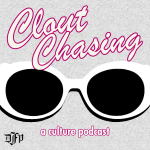


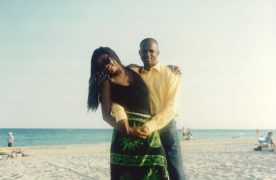
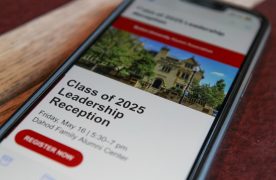
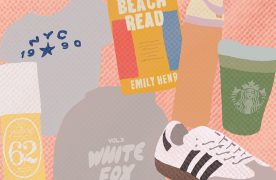




I wish this had been a thing when I was a student! Happy to hear it’s connecting talent.